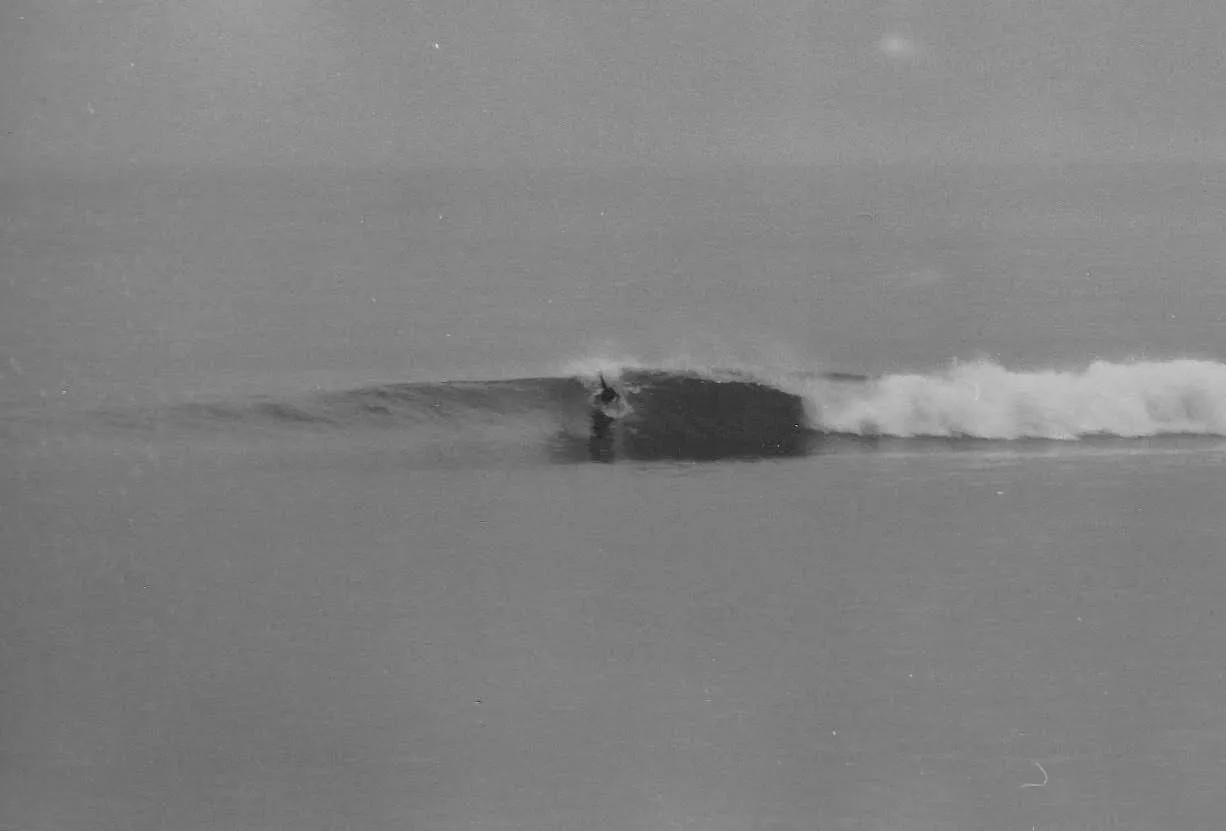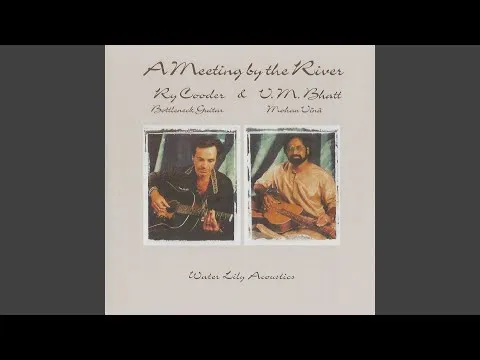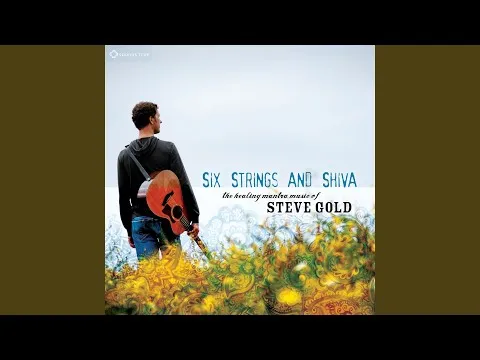We chose this poem, "Where Everything is Music," by Rumi for Dads service. Funnily enough it was my copy of Rumi on his bookshelf - he must have nicked it from me. We used to read a lot of him and he had his poems on cassette set to sitar at some point. The yogi in him appreciated the mystic. He was raised Catholic but his belief in God was not part of his life. Yogic philosophy made more sense to him and the Sufi poet Rumi was appealing as it suggested a deep connection to the divine as present in nature, and the mystical presence of spirit in music and every day life.

This poem is more about how the true essence of music transcends the material world. It felt appropriate to us as Dad himself moves into spirit surrounded by music. I've been creating his life music playlist on Spotify for the wake and I'm listening as I write this.
I've excluded the more 'hippie' songs from the playlist as everyone else is listening on the day (Tuesday, ironically, for three time Tuesday) but the tunes here for @ablzes #threetunetuesday are all from his albums that had sitar. He loved the Ry Coooder album with VS Bhatt A Meeting by the River, but also Ravi Shankar and Harry Manx which is also bluesy as well. I hope as you listen you can spare a thought for my music passionate father whose spirit joins the eternal symphony of the universe as we send him off this week.
WHERE EVERYTHING IS MUSIC
Don't worry about saving these songs!
And if one of our instruments breaks,
it doesn't matter.
We have fallen into the place
where everything is music.
The strumming and the flute notes
rise into the atmosphere,
and even if the whole world's harp
should burn up, there will still be
hidden instruments playing.
So the candle flickers and goes out.
We have a piece of flint, and a spark.
This singing art is sea foam.
The graceful movements come from a pearl
somewhere on the ocean floor.
Poems reach up like spindrift and the edge
of driftwood along the beach, wanting!
They derive
from a slow and powerful root
that we can't see.
Stop the words now.
Open the window in the center of your chest,
and let the spirits fly in and out.
It opens with the idea music will continue even if the instruments break. Whilst it's primarily about how art transcends physical instruments, for me I think about how Dad will never play or listen to music again. There's something inherent and ethereal though about how the spirit can't be destroyed by the loss of the material - physical tools, or the earthly human body.
The lines, "We have fallen into the place / where everything is music," suggest an immersion into a higher realm of existence where everything vibrates and hums with life. It's the idea of oneness that aligns with yogic philosophy too - the entire world becomes a musical symphony of divine love, the eternal resonant om.
It's obvious the flickering candle represents Dad's life to me, though Rumi is more talking about the creative spurit. The speaker declares they still have "a piece of flint, and a spark." - to me this is about life going on and his spirit living in us. It's possible to reignite passion and joy even when someone you love dies. It's not reliant on the physical and tangible. For Rumi creativity was in spirit, not the material. All things, I am reminded, are spirit.
The references to ocean and nature imply everything has its origins in the natural world. The source of music, of art is ancient snd organic, and largely unconscious, bubbling from deep within.
The close of the poem is an imperative to "stop the words now. / Open the window in the center of your chest, / and let the spirits fly in and out.". It's about letting go and opening up. Life is to be felt, not rationally understood. As Dad's spirit lets go and joins the divine, so too do we open our hearts to his loss but also the possibility his spirit lives with us in nature. We are invited to transcend the material world and conmune with the universal rhythm that exists all around us.
The last song is more about me - it's something that the studio teachers would play when I practiced hardcore vinyasa with Dad. We practiced yoga for some thirty years together and when I sat with his body last Monday afternoon, I was moved by how much he looked at rest in savasana. Of course that is also called 'corpse pose' for a reason.
This song is about Hanuman, who opens his heart to the divine. It's the same kind of open hearted rawness of Rumis last line.
Open the window in the center of your chest,
and let the spirits fly in and out.
Dad, with his open heart, in savasana, listening to six strings.
With Love,




